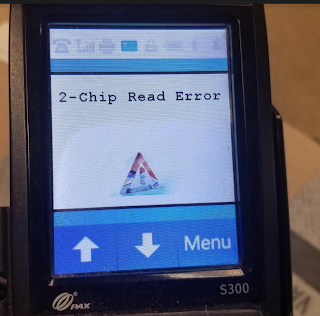Your only looking at the inconvenience to you but there's 2 sides to every transaction. There's a cost to handling cash which is usually far more that CC transaction fees. No end of day cash to balance, no drawers to swap, no safes to keep money in the registers.....etc. If I owned a company and could remove cash from the equation I would do it in a heartbeat, it's one less headache to deal with.
"Research from IHL Group reveals the true cost of cash for retail stores runs anywhere from 4.7% to 15.3%. That hurts, especially in retail, where margins are notoriously slender."
Our little league went cashless this past spring and it was the best decision we could have made. No getting money from the bank, no depositing money the next day, no carrying around an envelope of cash, no adding up receipts/counting cash to make sure the balances match. We used to have a police officer walk us to our cars at night. We live in a small town so highly unlikely anything would ever happen but you never know. All that aggravation went away.
The last report that I read was that 80% of all transaction in the US are credit/debit card. The 20% that used cash 90% were transactions less that $10. That basically means 90% off all purchases in the US above $10 are paid with a debit or credit card. You personally may not love it but trends rule the world and the use of cash it dwindling worldwide not just in the US. I remember reading Sweden is trying or is in the process of making the country 100% cashless.
